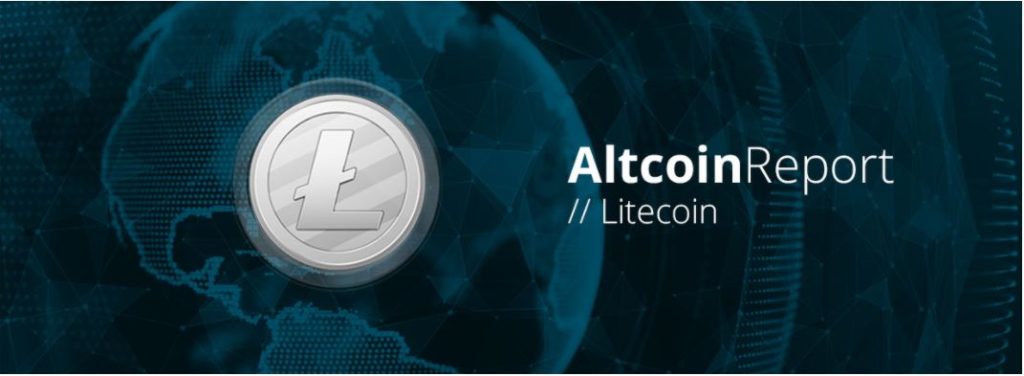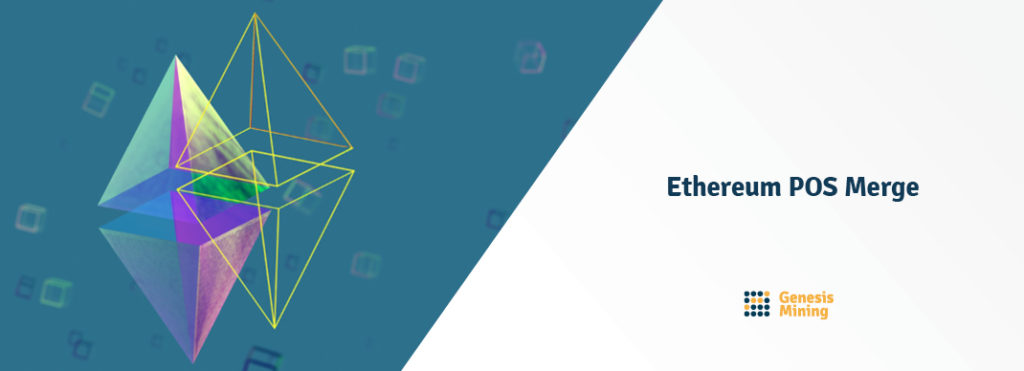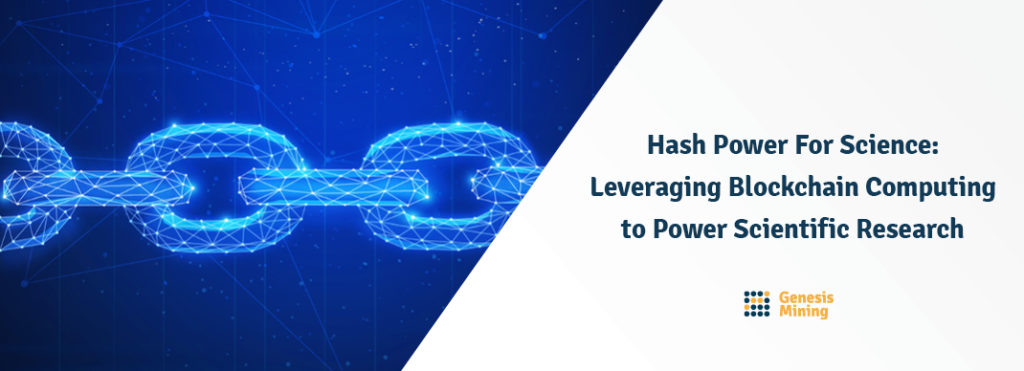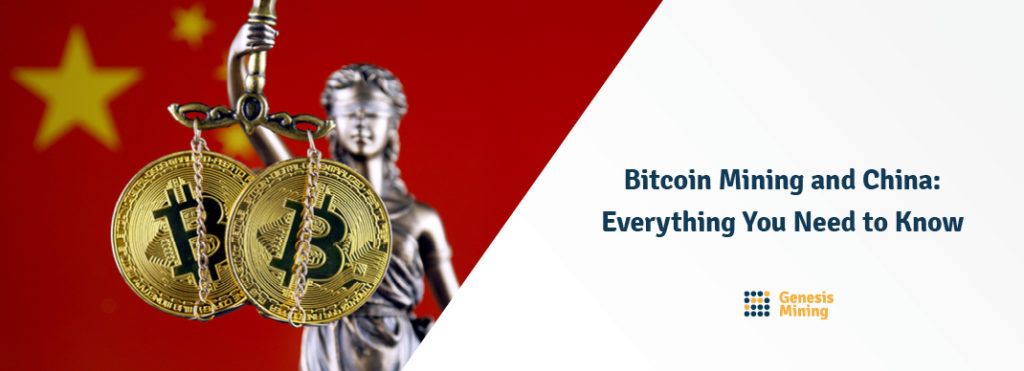It’s said by some that if Bitcoin is digital gold, then Litecoin is digital silver – a relatively less valuable cryptocurrency that’s easier to obtain, and easier to make transactions with. Created by an ex-Google engineer, Litecoin was made to supersede Bitcoin; it featured a higher market cap, a faster block generation time, a different hashing algorithm, and a modified GUI. The result was something that gave digital currency a much needed foothold in the door of the financial revolution.
The History of Litecoin: What is Litecoin?
______
Litecoin was born out of the ashes of failure – or, more specifically, the ashes of Fairbrix. A clone coin (and a fork of Tenebrix), Fairbrix was plagued with problems that led to its swift downfall. A premine period put seven million coins in the hands of a developer before launch; a software bug saw the genesis block fail to mint coins. Fairbrix left the cryptocurrency community clamouring for a Bitcoin substitute that the average Joe could mine on his hardware. And engineer Charles Lee decided to give them just that.
The Scrypt Algorithm
______
Lee wasn’t happy with the state of mining. At launch, Bitcoin was fair – anyone could mine with a CPU, and profit. GPU mining emerged, and it became a little more difficult, but the divide still wasn’t too great – until ASICs arrived.
ASICs are specially engineered hardware, designed to do one thing, and do it well – and it blew CPUs and GPUs away in terms of efficiency. Now, the average hobbyist could only dream of making a profit – if you didn’t have multiple ASICs, you didn’t have a chance.
Fairness was an outfit Litecoin mining wore best, and a staple theme in Lee’s discussion and work. A proof of work algorithm, he decided, was the best choice – a system where finding a problem is difficult, but verifying it is simple.
Scrypt – the algorithm that Litecoin and its deceased brothers chose – aimed to even the great divide between ASIC owners and the average miner. It did this by forcing the use of a specific part of the CPU (and GPU), called the scratchpad.
The Scratchpad
______
First, a comparison: Bitcoin uses Sha-256d. Sha-256d only needs computing power – this means that, given enough computing power, you can calculate ‘rounds’ of Sha-256d very quickly.
Scrypt, on the other hand, uses computing power and memory. This is because it generates a large amount of pseudo-random data, storing it in the scratchpad, and referencing the data in a random way.
The scratchpad is a fixed amount of space that lives in your CPU or GPU, independent of things like ‘VRAM’ and actual machine ‘RAM’. You can’t add to it, and it fills up fast. At launch, this made it impractical – if not impossible – to run on specific hardware like FPGA or ASICs. A very specific machine with a large scratchpad size would need to be made for Scrypt mining.
The Factors of Success
______
It was the approach to launching Litecoin – rather than the technology behind it – that generated the wave of publicity. The source code for Litecoin was launched a week before the genesis block, and Lee encouraged people to mine on the Testnet (a testing ground for altcoins, which doesn’t generate rewards or add blocks to a live chain).
This had a joint effect: not only did it get people talking about Litecoin, and it’s benefits, but their hardware was set up and optimized for the launch.
On October 7th, 2011, after mining only 150 LTC, Charles Lee released Litecoin to the world.
Litecoin Today
______
Litecoin was, primarily, a vehicle for investors who wanted to get in early on what could be the next wave of digital currencies.
Six years on, it’s left a very impressionable history. Sure, it’s not easy to find a pub that will take your coins – or a taxi – but you’ll be able to spend your coin on gift cards, pet food, and even jewelry.
It’s become a testing ground, too – big changes to Bitcoin could cost the market a lot of money, but with Litecoin, more risk is able to be taken. The community is smaller, so it’s easier to convince a large portion of people to upgrade – often, Litecoin tests out new features or experimental ideas that Bitcoin cannot.
The project got a small boost when Warren Togami – a former engineer at Red Hat – signed on as Litecoin’s lead developer – and created a nonprofit foundation to manage the Litecoin software, much like the Bitcoin Foundation.
Charlie Lee is still engaged with the Litecoin project and gives thoughts for improvement on various crypto-topics, for example including SegWit and Lightning Networks in Litecoin and Bitcoin. Litecoin and SegWit have become synonymous with innovation as Charile Lee has pushed Litecoin to become a testing ground for other cryptos such as Bitcoin and Ethereum.
Litecoin is traded on Poloniex, Kraken, Shapeshift and many more.
Additional Resources
______
Official Website
CoinMarketCap
Litecoin Reddit
Stay tuned for our next report!
If you’d like to start cloud mining Litecoin you can do so here!
Disclaimer: Our AltcoinReports are provided to give an overview of available Altcoins in our mining catalog and the cryptocurrency market. We are not affiliated with any of Altcoin development teams and we don’t guarantee the accuracy of the displayed information. Furthermore, this is no investment advice.





